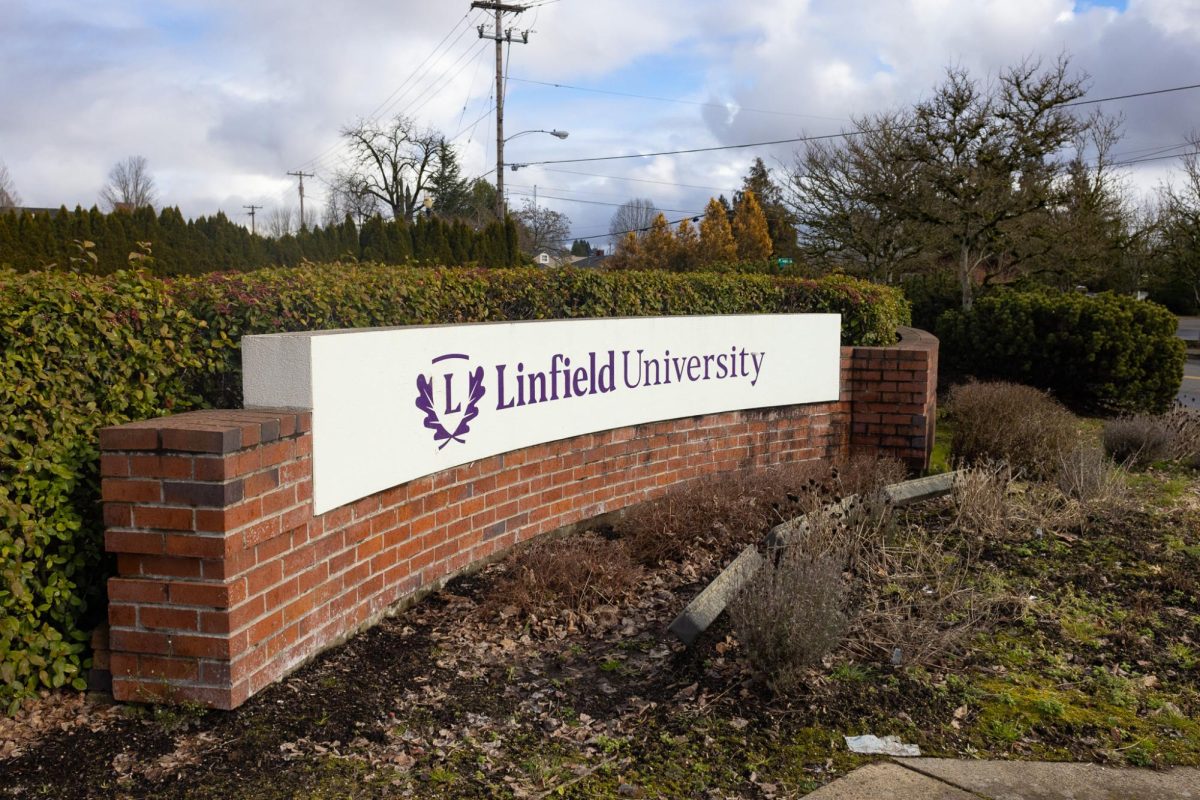Companies need to be aware of the norms, values and cultural ways in other countries in order to do business, a guest speaker told Linfield students.
“You need to learn about culture. You need to increase the cultural competency and awareness,” Dr. Piman Limpaphayom said.
Limpaphayom, academic director of International Management at Portland State University, also said that students who only learn about business and do not have cultural awareness will struggle in the business world because many businesses are moving overseas.
Limpaphayom, spoke on “The Balance of Global Corporate Power is Tilting Toward Asia,” on Thursday, Oct. 24.
Before the lecture, Jorden Taylor the recruiting and admissions specialist from Portland University’s School of Business Administration, held an informational booth about PSU’s Master of International Management program.
The master’s program teaches students skills they need for international business, but it also teaches the students cultural aspects of Asia.
One of the ways the program incorporates culture is to require the students to learn one of three Asian languages, including Mandarin, Chinese and Japanese. The program also requires the students to do a three-week study in an Asian country. The business program made it on the top 20 of The Aspen Institute’s best MBA programs in the world.
Limpaphayom gave the example of Best Buy attempting to establish a store in China. Best Buy had not realized that the Chinese were accustomed to bartering. They did not appreciate Best Buy’s already-discounted prices.
The Chinese wanted to barter to lower the prices. As a result of a cultural misunderstanding the Best Buy store failed.
In the lecture, Limpaphayom showed evidence of how the global business economy is heading toward Asia. He said that the three main places to do business in the world is the United States, with Japan and China following.
Limpaphayom’s slideshow also conveyed evidence on how the global business economy is slowly moving toward Asia. A total of 37 percent of the world economy is in Asia, and this percentage is expected to rise to 54 percent by 2025. In addition, a quarter of Oregon jobs are linked to Asia by $16.5 billion. Also, it is estimated that the Asian economy will grow by 15 percent in the next two years.
Mariah Gonzales / Culture editor
Mariah Gonzales can be reached at [email protected]






